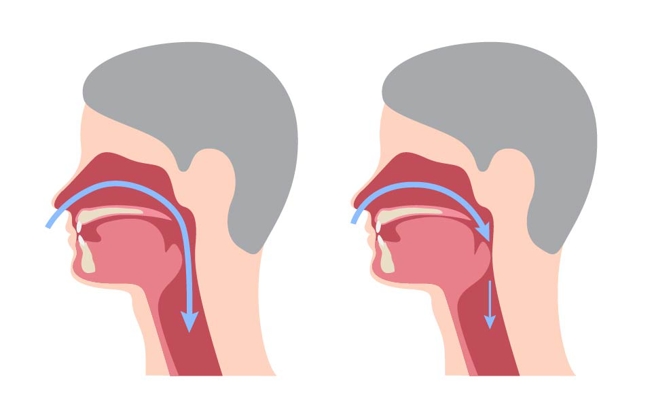Prostate Cancer Prevention
- Category: Cancer, Oncology, Parrish Cancer Center
- Posted On:
- Written By: Parrish Healthcare

It’s understandable that the thought of getting a prostate exam doesn’t overwhelm you with extreme joy as much as your favorite baseball team winning the World Series. However, sometimes life throws a health curveball.
The American Cancer Society estimates that by the end of 2018 there will have been about 164,690 new prostate cancer diagnoses in the U.S. Nonetheless, the good news is, prostate cancer is manageable and in most cases treatable if detected early — here’s what you need to know:
Have a Conversation with Your Doctor
Don’t let your fears lead you to procrastination. Talk with your doctor about whether or not it is the right time for you to start prostate cancer screening. The American Cancer Society recommends the following guidelines:
- Age 40 for men at even higher risk (those with more than one first-degree relative who had prostate cancer at an early age)
- Age 45 for men at high risk of developing prostate cancer. This includes African Americans and men who have a first-degree relative (father, brother, son) diagnosed with prostate cancer at an early age (younger than age 65)
- Age 50 for men who are at average risk of prostate cancer and are expected to live at least 10 more years.
Prepare For Your Screening
If you’ve been feeling nervous about what to expect from a prostate cancer screening, just feel certain that your doctor has your best interest in mind and don’t be afraid to ask questions.
To rest easy and be better prepared, here’s what you need to know before your first prostate screening:
- There is nothing that you need to do to prepare for a prostate exam — no special liquids or fasting required (so go ahead and eat your favorite comfort food).
- The initial prostate screening is a relatively short process — typically 5 minutes!
- During the exam, you may feel a little bit of pressure, but it’s typically a painless procedure with slight discomfort.
- Keep the lines of communication open with your doctor during the exam. He can tell you exactly what he’s doing through every step of the exam to help you feel more at ease.
The Screening Results
If your doctor has detected any abnormalities, such as an enlarged prostate, bumps or areas of hardness, additional tests will be recommended. Some of these tests could include a few different procedures such as a protein specific antigen (PSA) test, a prostate biopsy, urinalysis, blood tests, ultrasounds or X-rays. It's understandable that you may feel a bit overwhelmed and confused about the next steps after abnormalities have been discovered. Keep an open dialogue with your doctor and ask as many questions as you need.
From your initial screening to treatment, Parrish Medical Center is here to answer all your questions or concerns. Our comprehensive cancer program is nationally recognized by the Commission on Cancer (COC).



